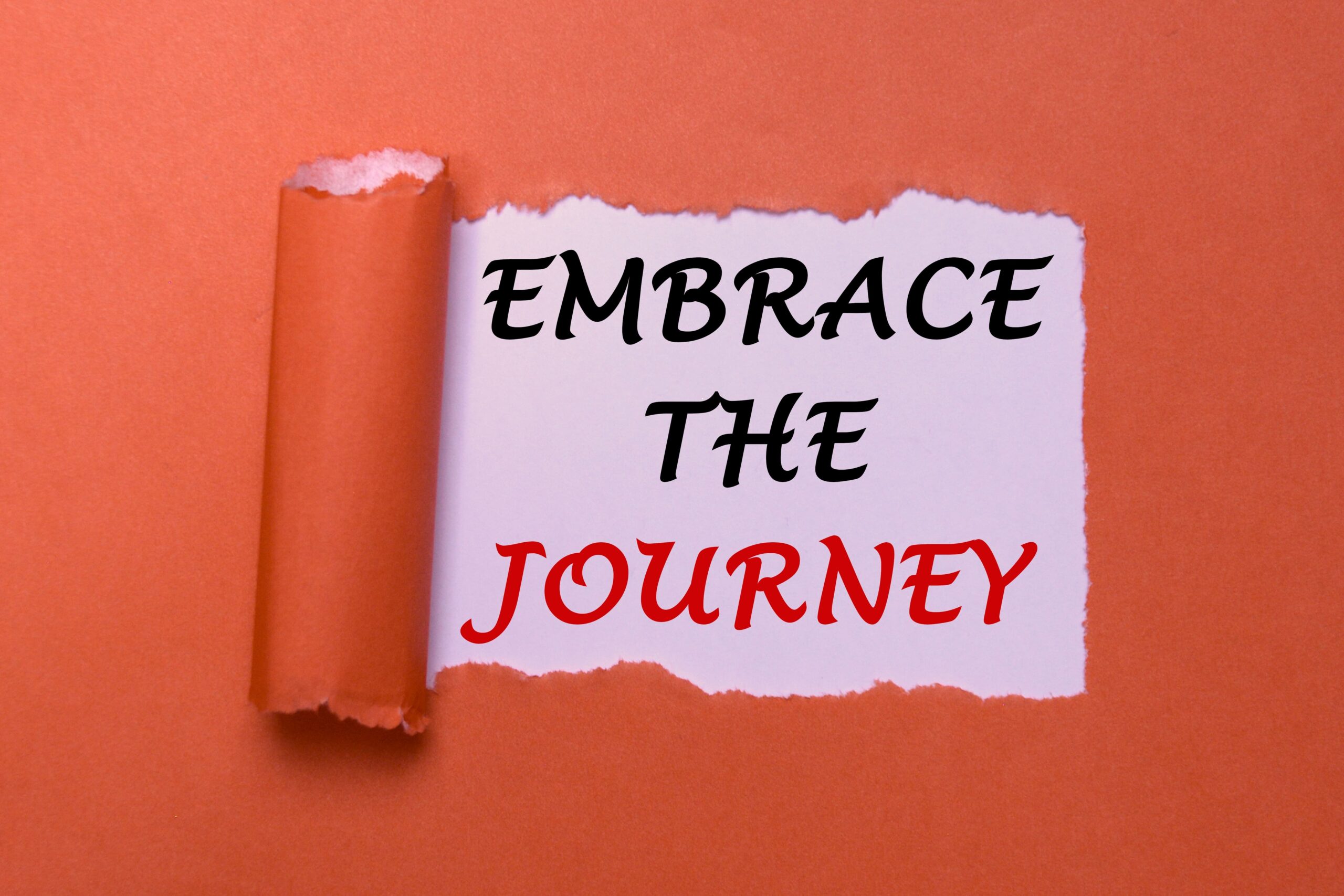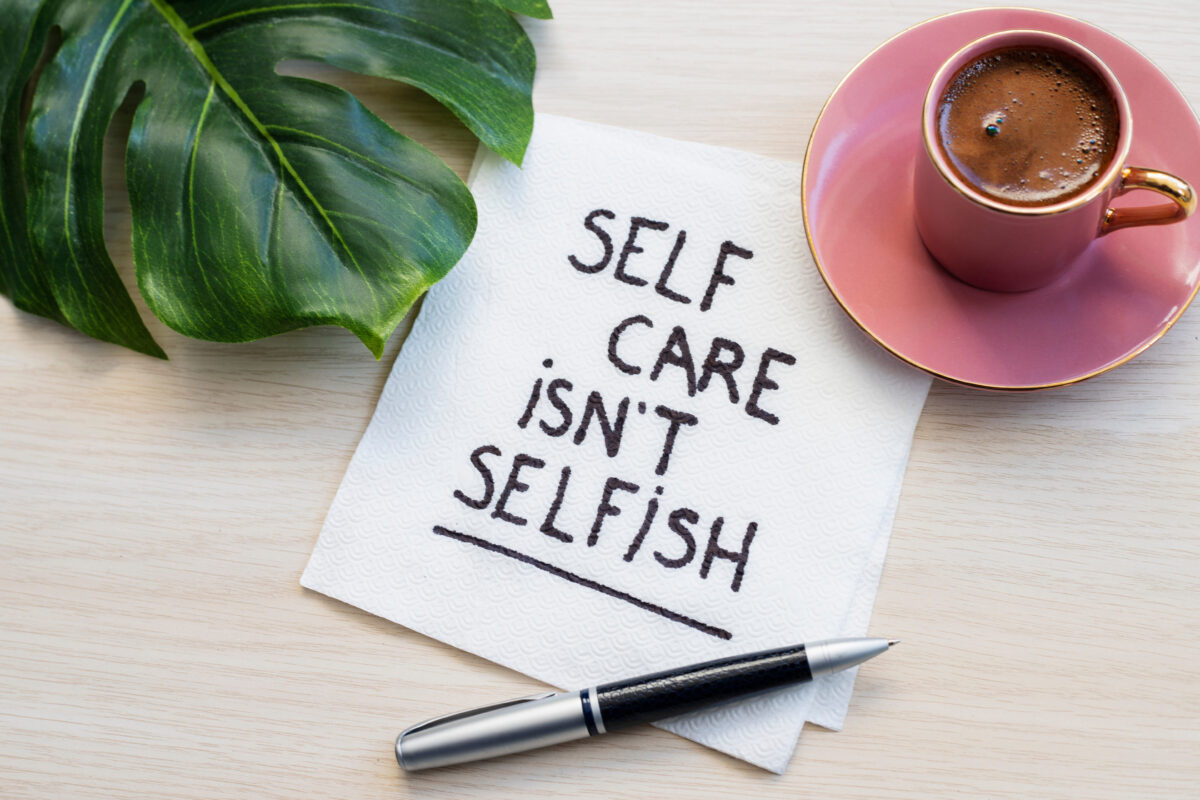Co-parenting, despite its inherent challenges, offers a unique opportunity for parents to come together in support of their children’s well-being, even in the face of family dysfunction. While navigating the complexities of shared parenting can be daunting, establishing clear tools and boundaries can pave the way for fostering a healthy and nurturing environment for children. In this article, we’ll explore the essential strategies for embracing the challenges of co-parenting, prioritizing the needs of the child, and offering constructive solutions to family dysfunction.
Embracing Co-Parenting Challenges
Co-parenting involves more than just dividing time and responsibilities; it requires a commitment to communication, cooperation, and compromise. Embracing the challenges of co-parenting begins with acknowledging and accepting that differences may arise between parents. However, it’s essential to remember that despite any personal conflicts, the focus should always remain on the best interests of the child. Implementing Family Therapy Sessions is a great way to ensure caregivers stay on track for a healthy functioning co parent relationship.
Navigating Tools for Effective Co-Parenting
- Open Communication: Establishing open and honest communication channels is essential for effective co-parenting. Parents should prioritize regular discussions about their child’s well-being, academic progress, and any concerns or challenges they may be facing. Utilizing tools such as shared calendars or co-parenting apps can facilitate seamless communication and coordination.
- Consistency and Routine: Consistency is key to providing stability and predictability for children in a co-parenting arrangement. Establishing consistent routines for daily activities, such as bedtime, mealtimes, and homework, can help children feel secure and supported in both households.
- Respectful Co-Parenting: Maintaining respect and civility towards one another, especially in front of the children, is paramount. Avoiding negative comments or behaviors towards the other parent helps create a positive and nurturing environment for children to thrive.
- Flexibility and Compromise: Flexibility is crucial in navigating the dynamic nature of co-parenting. Being willing to accommodate changes in schedules or parenting plans demonstrates a commitment to cooperation and prioritizing the needs of the child above personal preferences.
Establishing Boundaries for Healthy Family Dynamics
- Clear Parenting Roles: Clarifying and respecting each parent’s role and responsibilities in the co-parenting arrangement helps avoid confusion and conflict. Establishing clear boundaries ensures that both parents are on the same page regarding discipline, decision-making, and involvement in the child’s life.
- Setting Healthy Boundaries with Extended Family: Maintaining boundaries with extended family members, such as grandparents or relatives, is essential for preserving the integrity of the co-parenting relationship. While family support can be invaluable, it’s crucial to ensure that boundaries are respected and that decisions regarding the child are made by the parents.
- Prioritizing Self-Care: Taking care of oneself is vital for maintaining emotional well-being and resilience in the co-parenting journey. Setting boundaries around personal time, hobbies, and self-care activities allows parents to recharge and show up as their best selves for their children.
Offering a Healthy Solution to Family Dysfunction
While the end of the parent’s relationship may present challenges in the co-parenting journey, it also presents an opportunity for growth and healing. By prioritizing open communication, mutual respect, and healthy boundaries, parents can work together to address underlying issues and create a positive and nurturing environment for their children. Seeking support from family therapists or counselors can provide valuable guidance and strategies for navigating family dysfunction and fostering a harmonious co-parenting relationship.
Embracing the challenges of co-parenting requires dedication, patience, and a commitment to prioritize the needs of the child above all else. By employing effective communication, establishing clear boundaries, and prioritizing self-care, parents can navigate the complexities of co-parenting while offering a healthy solution to family separation. Together, parents and professional guidance can create a supportive and loving environment where children can thrive and flourish, regardless of the challenges they may face.










